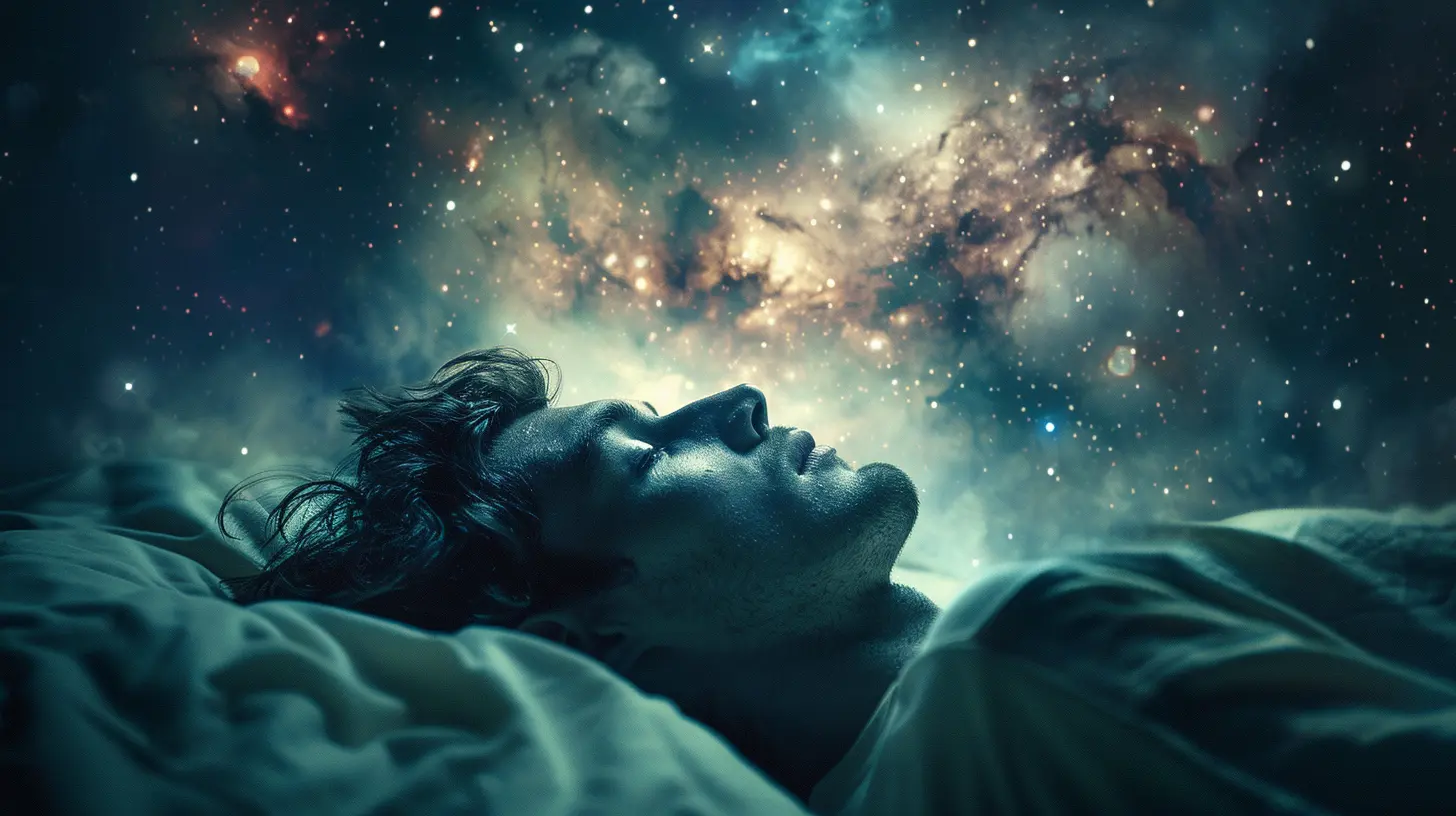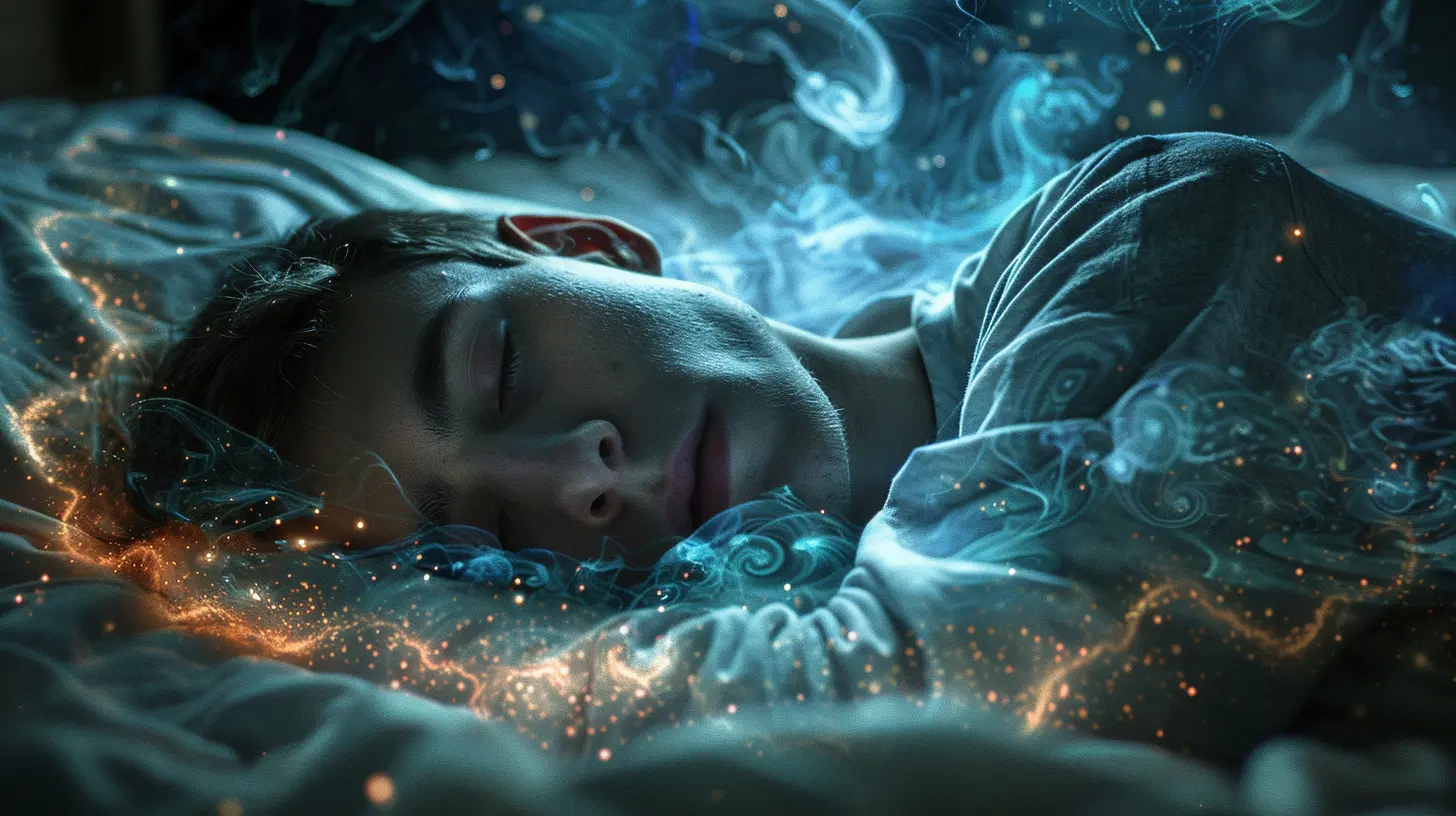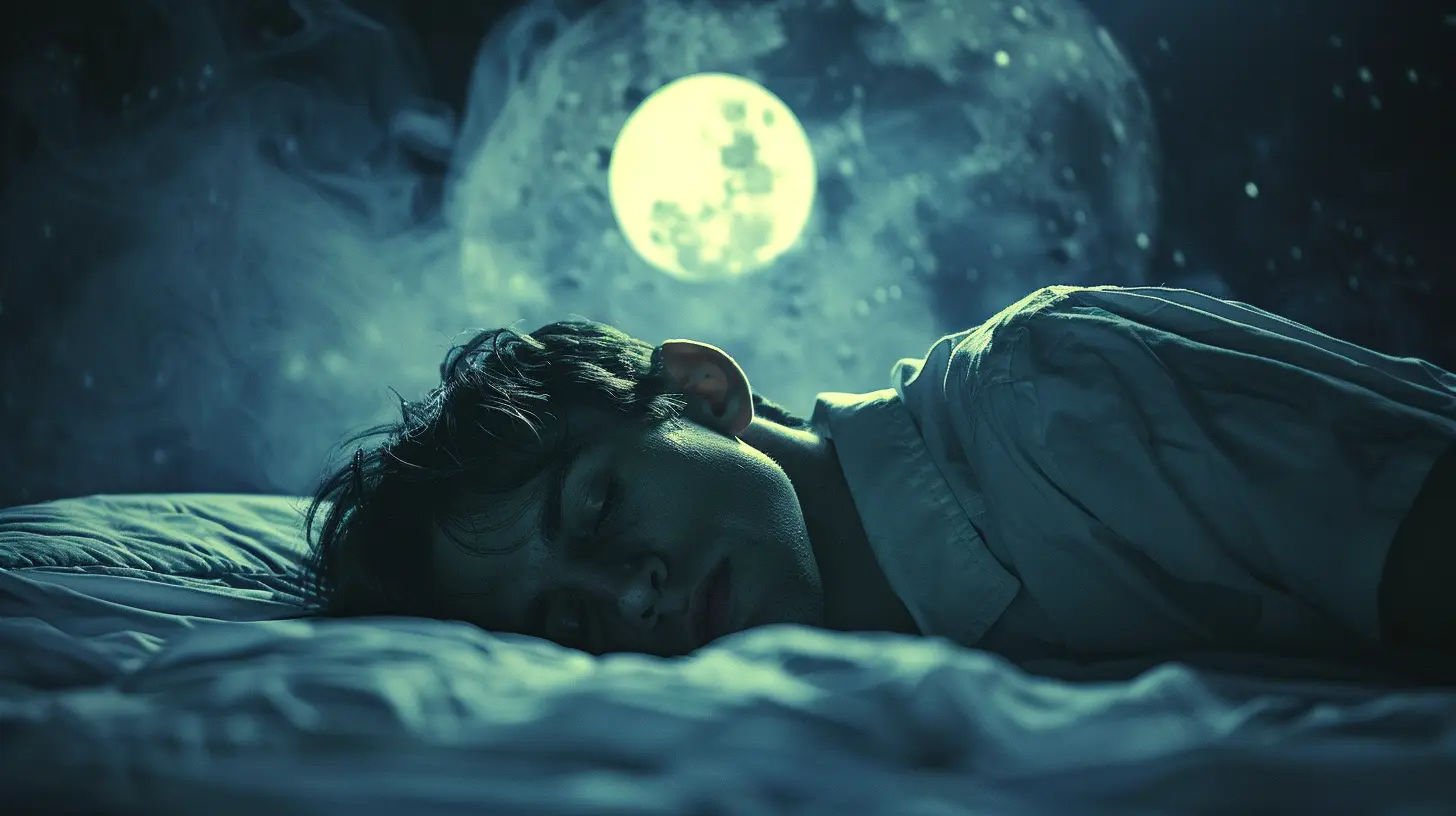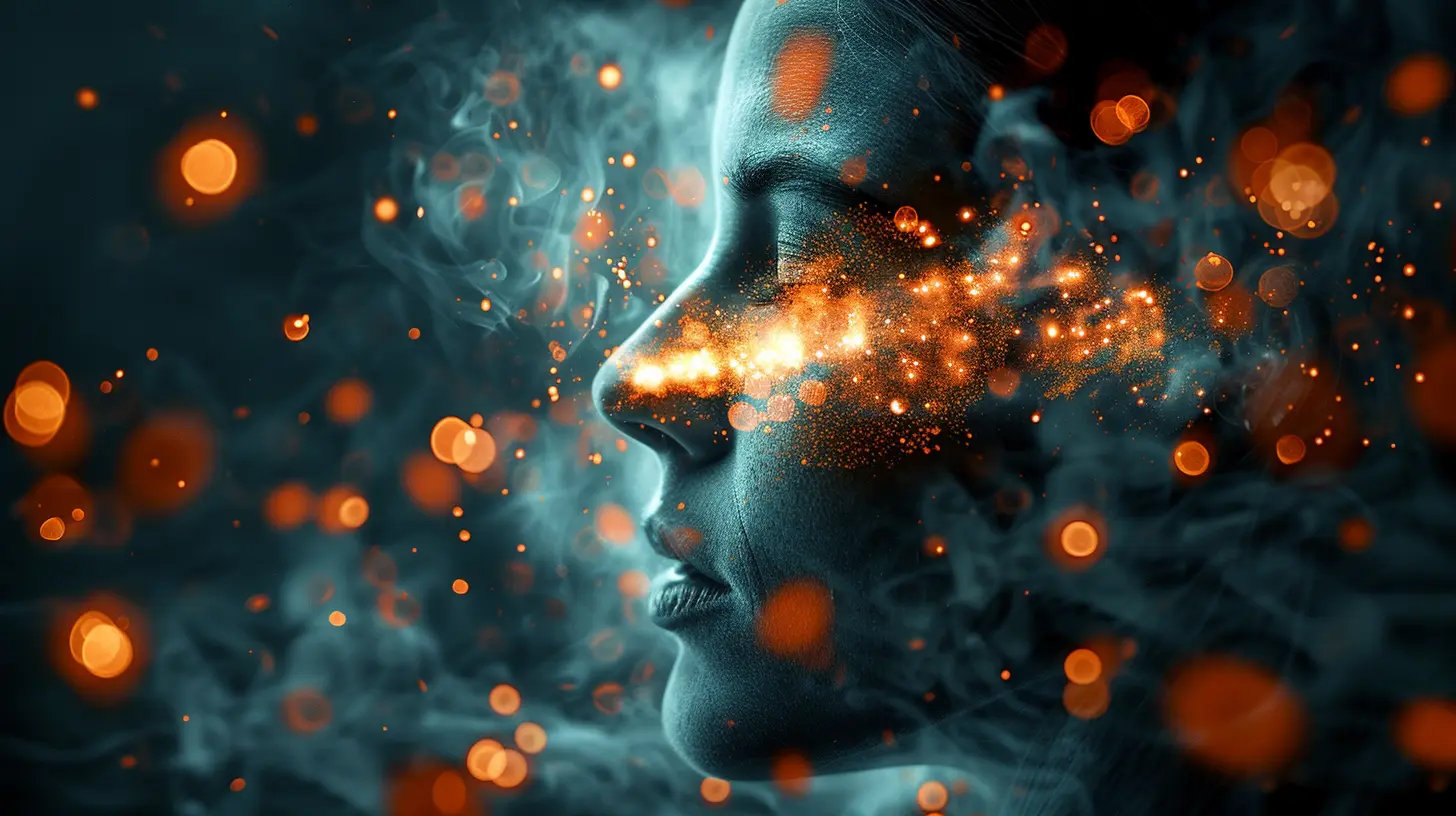Schizophrenia and Sleep: Tips for Better Rest
23 August 2025
Let’s be real—sleep isn’t always easy. Everyone struggles with getting a good night's rest from time to time. But if you’re living with schizophrenia (or love someone who is), sleep can feel like an even more complicated puzzle. Like trying to nap in the middle of a busy intersection—while juggling. Yeah, that chaotic.
Sleep issues are incredibly common in people with schizophrenia. In fact, they’re so common that many mental health professionals consider disturbed sleep one of the “core features” of the condition. And the wild thing? Poor sleep doesn’t just make you tired—it's tightly linked with symptoms like hallucinations, paranoia, and cognitive issues.
So what’s the deal with schizophrenia and sleep? Why is it so darn hard to rest, and more importantly—how can you fix it (or at least improve it)? That’s what we’re diving into in this post.
What Is Schizophrenia, Anyway?
Before we get into the sleep side of things, let's break schizophrenia down real quick. Schizophrenia is a chronic brain disorder that affects how a person thinks, feels, and behaves. It can bring on a whole range of symptoms like:- Hallucinations (seeing or hearing things that aren't there)
- Delusions (false beliefs that aren't based in reality)
- Disorganized thinking or speech
- Trouble concentrating or making decisions
- Flattened emotions or dampened motivation
It usually shows up in late adolescence or early adulthood and often requires lifelong management. Medications, therapy, lifestyle changes—they're all part of the equation.
Now, here's where it gets tricky: sleep problems aren’t just a side effect of having schizophrenia; they can make symptoms worse. It’s a bit of a vicious cycle. Poor sleep → worse symptoms → even worse sleep. Yikes.
Why People with Schizophrenia Struggle with Sleep
Sleep disturbances are a common struggle across most mental health conditions, but with schizophrenia, the sleep-wake cycle often gets totally flipped. Some people stay awake all night and sleep during the day. Others deal with insomnia, nightmares, or just plain weird sleep patterns that don’t seem to follow any rhythm.Here are some of the main culprits:
1. Brain Chemistry and Circadian Disruption
Our bodies run on an internal clock, also known as the circadian rhythm. Think of it like your brain’s fancy bedtime alarm. For people with schizophrenia, that clock might be broken—or at least running on a completely different time zone.Research has shown that neurotransmitters like dopamine and melatonin (yep, the one you see in sleep gummies) work differently in people with schizophrenia. Melatonin is responsible for making you feel sleepy when it's dark. If your brain isn’t producing it correctly or at the right time, sleep gets weird.
2. Side Effects of Medication
Antipsychotic medications can be very helpful for managing schizophrenia symptoms. But (there’s always a “but”) many of them come with side effects—some of which mess with sleep. Depending on the specific drug, they can either make you feel too sleepy during the day or too alert at night. Either way, not ideal for a healthy sleep schedule.3. Anxiety and Psychotic Symptoms
Imagine trying to sleep while your brain is playing a horror movie on endless loop. Hallucinations and paranoia can make it incredibly hard to relax, feel safe, or even close your eyes. Even when symptoms aren’t active, the anxiety about “what if they come back” can ruin your ability to wind down.
The Bad News (and the Good News)
The bad news? There’s no magic fix. You can’t wave a wand and suddenly sleep like a baby when you're dealing with schizophrenia. (Okay, maybe if you had Harry Potter’s wand—but even then, doubtful.)The good news? There ARE real, effective strategies that can help. Sleep issues don’t have to control your life. With some effort, support, and consistency, you can take back your nights—and your energy.
Tips for Better Rest When You Have Schizophrenia
Ready to get serious about better sleep? Let’s break down some tips that can actually make a difference. These aren't just random hacks—they’re grounded in research, and they’re totally doable.1. Build a Solid Sleep Routine (Even If It Feels Weird at First)
Yep, it sounds basic—but sticking to a routine is powerful. Go to bed and wake up at the same time every day, even on weekends. Your brain will eventually get the hint.Set a calming pre-sleep ritual too. That could mean dimming lights, listening to quiet music, or reading something light. Try to limit screen time at least an hour before bed—the blue light from phones and TVs messes with melatonin levels.
_Pro Tip_: Use a sunrise alarm clock that slowly brightens the room in the morning. It’s a gentle nudge for your circadian rhythm.
2. Pay Attention to Your Environment
Where you sleep matters way more than most people think. Your bedroom should be cool, quiet, and dark. If light or noise is a problem, blackout curtains and white noise machines (or even a fan) can do wonders.Also, make your bed a “sleep-only” zone. Don’t watch TV, eat, or scroll TikTok there—train your brain to associate the bed with snoozing only.
3. Keep Caffeine and Sugar in Check
This one stings a bit—especially if you're a coffee lover. But caffeine and high-sugar snacks can totally throw off your sleep. Try cutting off caffeine by mid-afternoon, and avoid super sugary stuff after dinner.Your brain might complain at first, but it’ll thank you later.
4. Move Your Body (Even Just a Little)
Exercise doesn’t have to mean an intense gym session. Even a 15-minute walk can help regulate your sleep and reduce anxiety. Moving your body during the day helps you feel more tired when nighttime rolls around.Make it enjoyable—listen to music, podcast, or walk with a pet. The important part is consistency.
5. Talk to Your Doctor About Medications
If you suspect your meds might be messing with your sleep, speak up. Don’t just stop taking them—abruptly quitting antipsychotics can bring serious risks. But your doctor might adjust your dosage or switch you to something that works better for your sleep-wake cycle.There might even be treatments that specifically target sleep problems in schizophrenia. Some doctors use melatonin supplements or other sleep aids (with supervision, of course).
6. Try Cognitive Behavioral Therapy for Insomnia (CBT-I)
CBT-I is a type of therapy designed to help you change negative thoughts and behaviors around sleep. Studies have shown that CBT-I can be effective for people with schizophrenia—and it's non-medication based.It can help you break the “I’ll never sleep again” mental loop and rebuild healthy sleep habits over time.
7. Avoid Napping (Or Keep It Short)
If you’re sleeping all day, chances are you won’t feel sleepy at night. Try to avoid napping altogether if possible. But if you must nap, keep it under 30 minutes and never past 3 p.m.Think of naps like snacks for your energy—not a full meal.
What About Sleep Trackers?
Sleep trackers and apps have exploded in popularity. But are they helpful if you have schizophrenia?The answer: maybe. For some people, tracking sleep can offer useful insights—like how often you’re waking up during the night or your average sleep duration. But for others, it can fuel anxiety and obsession around sleep quality.
Use them with caution. If they’re making you worry more, ditch them.
A Word on Nightmares and Sleep Terrors
Some people with schizophrenia experience vivid nightmares or even sleep terrors. This isn’t just about waking up in a sweat—it can be traumatic and really mess with your sleep rhythm.If this is happening to you, talk to your therapist or psychiatrist. There are specific therapies (like imagery rehearsal therapy) that can help reduce nightmares over time.
Support Makes a Huge Difference
Trying to manage sleep issues on your own can feel like pushing a boulder uphill. Don’t underestimate the power of support—whether it’s a friend checking in, a support group, or a mental health professional who really gets it.Even just talking through your sleep struggles can be a relief.
Also, if you're caring for someone with schizophrenia, keep this in mind: better sleep can mean fewer symptoms and a smoother overall journey towards wellness. Help them build these habits—but stay patient. It’s a process, not an overnight fix.
Final Thoughts: Small Steps, Big Impact
You don’t need to overhaul your entire life tonight to sleep better. Pick one or two tips and start from there. Maybe you go to bed at the same time for a week or cut your afternoon coffee. These small shifts add up.Remember, sleep isn’t just a luxury—it’s essential fuel for your mind. And when your brain is already working overtime with schizophrenia, getting enough restful sleep becomes even more critical.
So be kind to yourself. Be curious. Try different strategies. One night at a time.
all images in this post were generated using AI tools
Category:
SchizophreniaAuthor:

Alexandra Butler
Discussion
rate this article
1 comments
Anastasia Newton
Great article! Sleep plays such a crucial role in mental health. Your tips are practical and easy to follow. Thanks for raising awareness about this important topic!
August 27, 2025 at 2:45 AM

Alexandra Butler
Thank you for your kind words! I'm glad you found the tips helpful and appreciate your support in raising awareness about the link between sleep and mental health.


